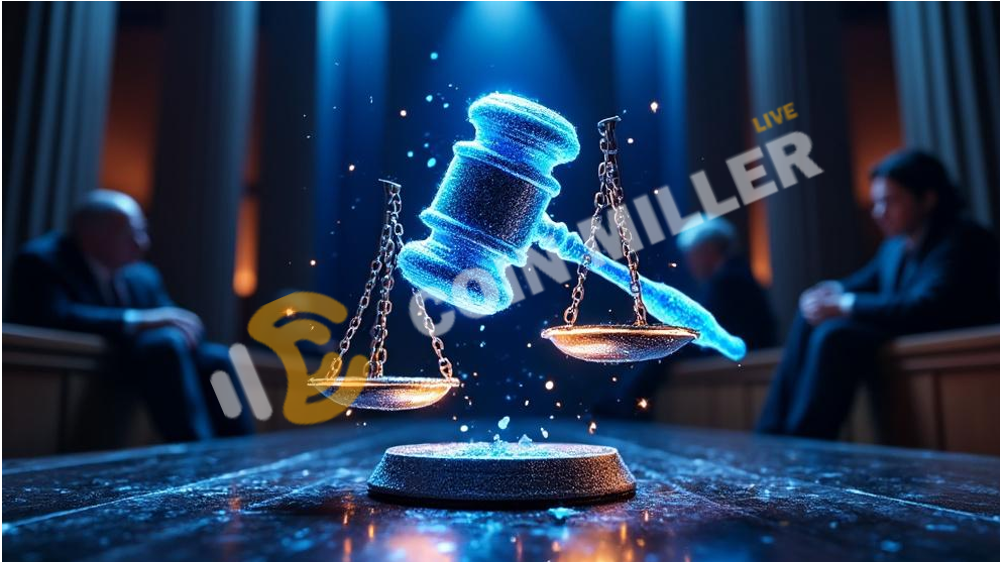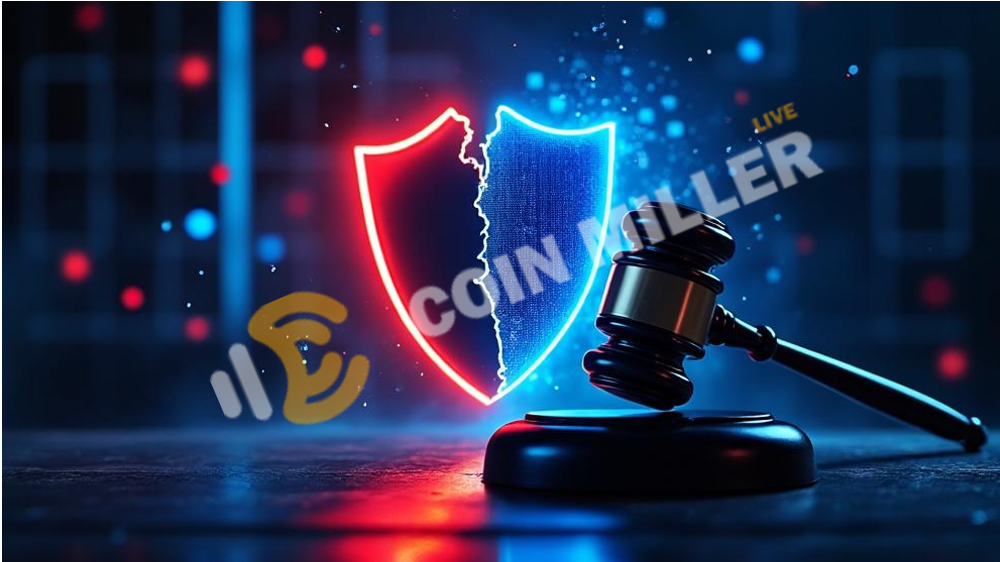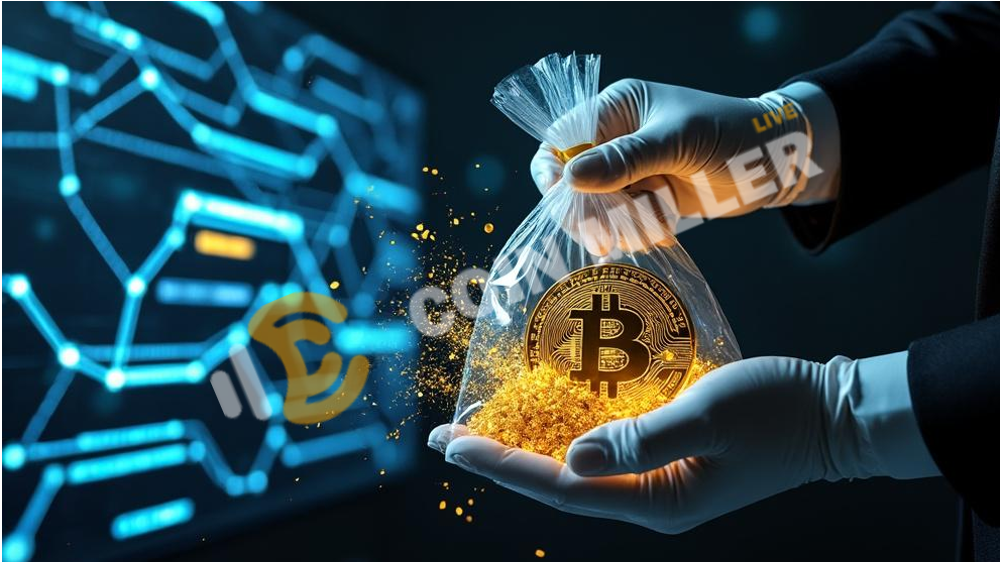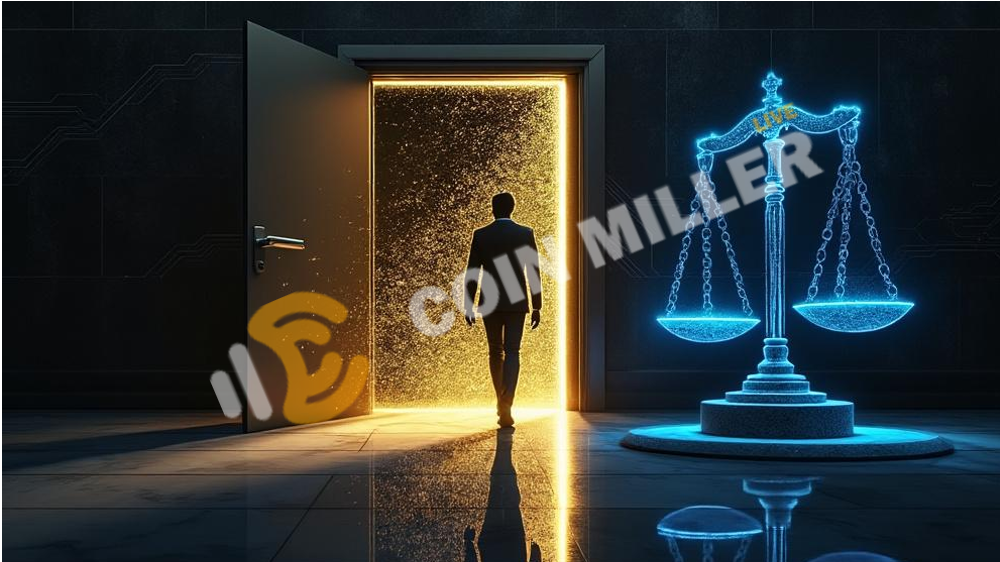Courtroom skepticism marks SBF’s appeal hearing
Sam Bankman-Fried’s appeal hearing at the Second Circuit Court of Appeals didn’t seem to go particularly well for the former FTX CEO. The three-judge panel—Eunice Lee, Maria Araújo Kahn, and Barrington Parker—appeared quite doubtful about the arguments presented by his appellate attorney, Alexandra Shapiro.
Shapiro argued that Bankman-Fried didn’t receive a fair trial, claiming Judge Lewis Kaplan was biased against him during the original proceedings. She contended that the defense was “cut off at the knees” by Kaplan’s rulings, particularly regarding what evidence Bankman-Fried could present to the jury.
Judges question core arguments
The judges didn’t seem convinced. Judge Kahn pointedly asked about the distinction between liquidity and solvency issues at FTX, and referenced a recent Supreme Court decision that established taking funds alone could be sufficient for fraud convictions. “How do you square that with the recent Supreme Court decision that the fact that victims might be whole or weren’t intended to be defrauded is not a proper defense?” she questioned.
Judge Parker was even more direct, asking Shapiro if she seriously believed that allowing testimony about attorneys’ roles would have changed the outcome. “Are you seriously suggesting to us that if your client had been able to testify about the role that attorneys played in creating these various documents, the ‘not guilties’ would have rolled in on this record?”
Prosecution maintains position
Assistant U.S. Attorney Thane Rehn, representing the prosecution, argued that Judge Kaplan wasn’t biased and that even if the defense faced more objections, none were significant enough to alter the trial’s outcome. He emphasized that the government’s case focused on the 2022 crisis when customers couldn’t access funds they were assured would be available.
Interestingly, the judges spent considerable time questioning Rehn about the $11 billion forfeiture amount. Judge Lee specifically asked how that figure could be justified if victims were potentially being made whole through bankruptcy proceedings.
Broader implications
Rehn clarified that the customer recovery in bankruptcy is tied to the dollar value of crypto balances at the time of FTX’s collapse, not current market values. This means that while customers might recover their original dollar amounts, they’re not being made whole in terms of the actual cryptocurrency they lost, given the substantial price increases since November 2022.
The panel didn’t indicate how they might rule, and it could take some time before they issue an opinion. This hearing represented perhaps Bankman-Fried’s last realistic chance at securing an early release from prison, short of an unlikely presidential pardon.
Legal observers noted that the judges’ skeptical questioning doesn’t necessarily predict the final outcome, but it certainly doesn’t bode well for the appeal. The high bar for overturning a conviction, combined with Judge Kaplan’s respected reputation in legal circles, made this appeal challenging from the start.
What struck me about the hearing was how the judges seemed particularly focused on practical realities rather than technical legal arguments. Their questions about the forfeiture amount and victim recovery suggest they’re considering the broader context of the case, not just the narrow legal issues raised in the appeal.







